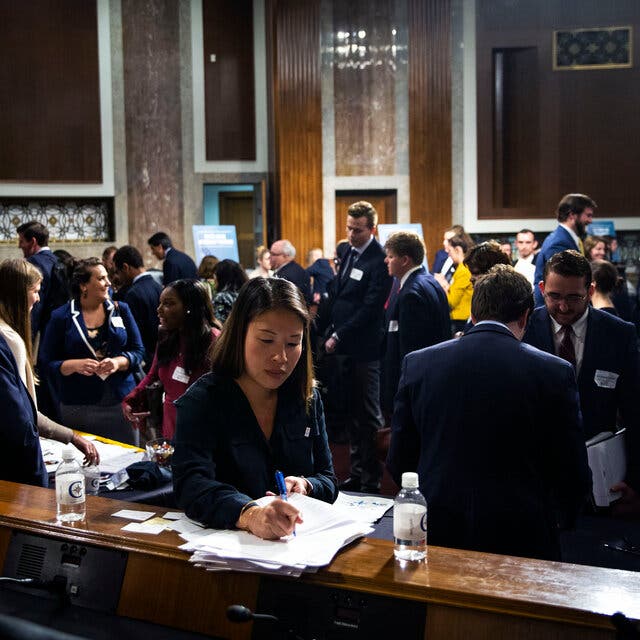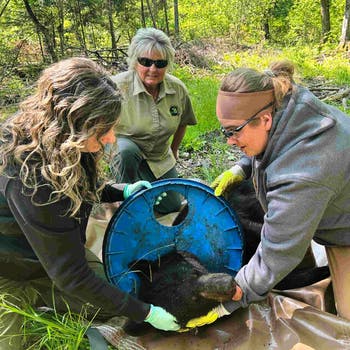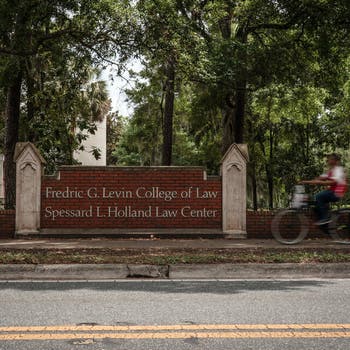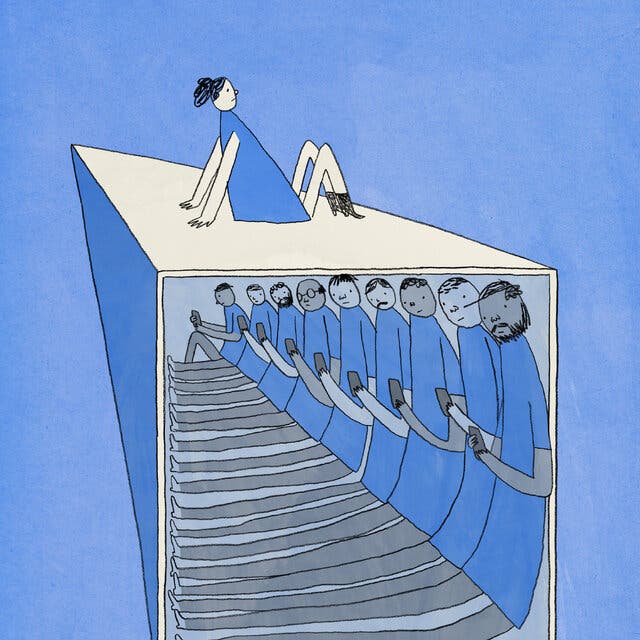Supported by
Judge to Unseal Documents on the Eli Lilly Drug Zyprexa
A federal judge in Brooklyn decided on Friday to unseal confidential materials about Eli Lilly’s top-selling antipsychotic drug Zyprexa, citing “the health of hundreds of thousands of people” and “fundamental questions” about the way drugs are approved for new uses.
The decision by Judge Jack B. Weinstein of Federal District Court came as part of a ruling that gave class-action status to a case brought by insurance companies, pension funds and unions that want Lilly to repay them billions of dollars they spent on the drug. They contend that Lilly hid the side effects of the drug and marketed it for unapproved uses.
The confidential documents were produced by Lilly in response to a related lawsuit filed by patients who said that Zyprexa had caused excessive weight gain and diabetes. The papers were placed under a protective court order soon after the suit was filed in 2004.
“Lilly’s legitimate interest in confidentiality does not outweigh the public interest in disclosure at this stage,” Judge Weinstein wrote.
A spokeswoman for Lilly, Marni Lemons, said the company would not appeal the decision to make the documents public but that it would appeal the judge’s certification of a class action.
The issue of confidential information arose in 2006, when some of the Zyprexa papers were provided to a reporter for The New York Times, Alex Berenson. He wrote front-page articles based on evidence they contained that Lilly executives had kept information from doctors about Zyprexa’s links to obesity and high blood sugar.
Eli Lilly denied having withheld such information and said that the documents Mr. Berenson had seen were “cherry-picked” to give a one-sided view.
The publication of sealed information led Judge Weinstein to issue a sharply worded ruling last year, stating that Mr. Berenson had engaged in a conspiracy with a doctor and a lawyer and that they had used others “as their agents in crime.”
The judge said the sealed documents belonged to Lilly and ordered the doctor, David S. Egilman, and the lawyer, James B. Gottstein, to return them. Dr. Egilman had been serving as an expert consultant for the plaintiffs at the time, and Mr. Gottstein was working on Zyprexa litigation in Alaska.
Since then, insurance companies, unions, medical researchers and other publications have filed formal requests for copies of the documents. Many of the papers were entered into open court proceedings in Alaska, and copies of some have been posted on the Internet.
In his ruling on Friday, Judge Weinstein repeated that the information had been “obtained illegally” by The Times but also cited “this country’s general policy of accessibility of court records.”
Dr. Egilman said on Friday that he felt vindicated.
“The public can now decide for itself what these documents stand for,” he said.
Mr. Gottstein said he still disputed Judge Weinstein’s rulings that he had obtained the documents illegally.
“I think I did get them properly,” he said, adding that the new order unsealed only a small number of the Zyprexa documents that Lilly has provided to the court. “There are a lot of other documents that are hidden.”
Explore Our Business and Tech Coverage
Dive deeper into the people, issues and trends shaping the worlds of business and technology.
Coal’s Lasting Power: The use of coal has been declining for decades, but many companies still rely on it and other fossil fuels to achieve the high temperatures needed to make their products.
Business in China: European companies are finding it increasingly difficult to do business in the country, another sign of how China’s weak domestic economy and opaque regulations are testing even longstanding multinational business ties.
Japanese Toilets: Having conquered its home market, the Japanese toilet-maker Toto is selling more bidets in the United States. The company’s president says not even tariffs will halt its advance.
Difficulties for Entrepreneurs: At the Small Business Administration, deep staffing cuts and stricter loan terms are making it harder for entrepreneurs to get access to capital, contracts and technical assistance.
Related Content

Gilles Sabrié for The New York Times

Atul Loke for The New York Times

Akilah Townsend for The New York Times

Al Drago for The New York Times
Editors’ Picks
Trending in The Times

Ben Gray/Atlanta Journal-Constitution, via Associated Press

Michigan Department of Natural Resources, via Associated Press

Mario Anzuoni/Reuters

Metropolitan Police, via Reuters

Neville Marriner/Daily Mail, via Shutterstock

Jacob Langston for The New York Times

Photo illustration by The New York Times. Source photographs: Brendan Smialowski/Agence France-Presse — Getty Images; The Print Collector/Getty Images

Desiree Navarro/Getty Images

Joanna Kulesza for The New York Times
Advertisement


